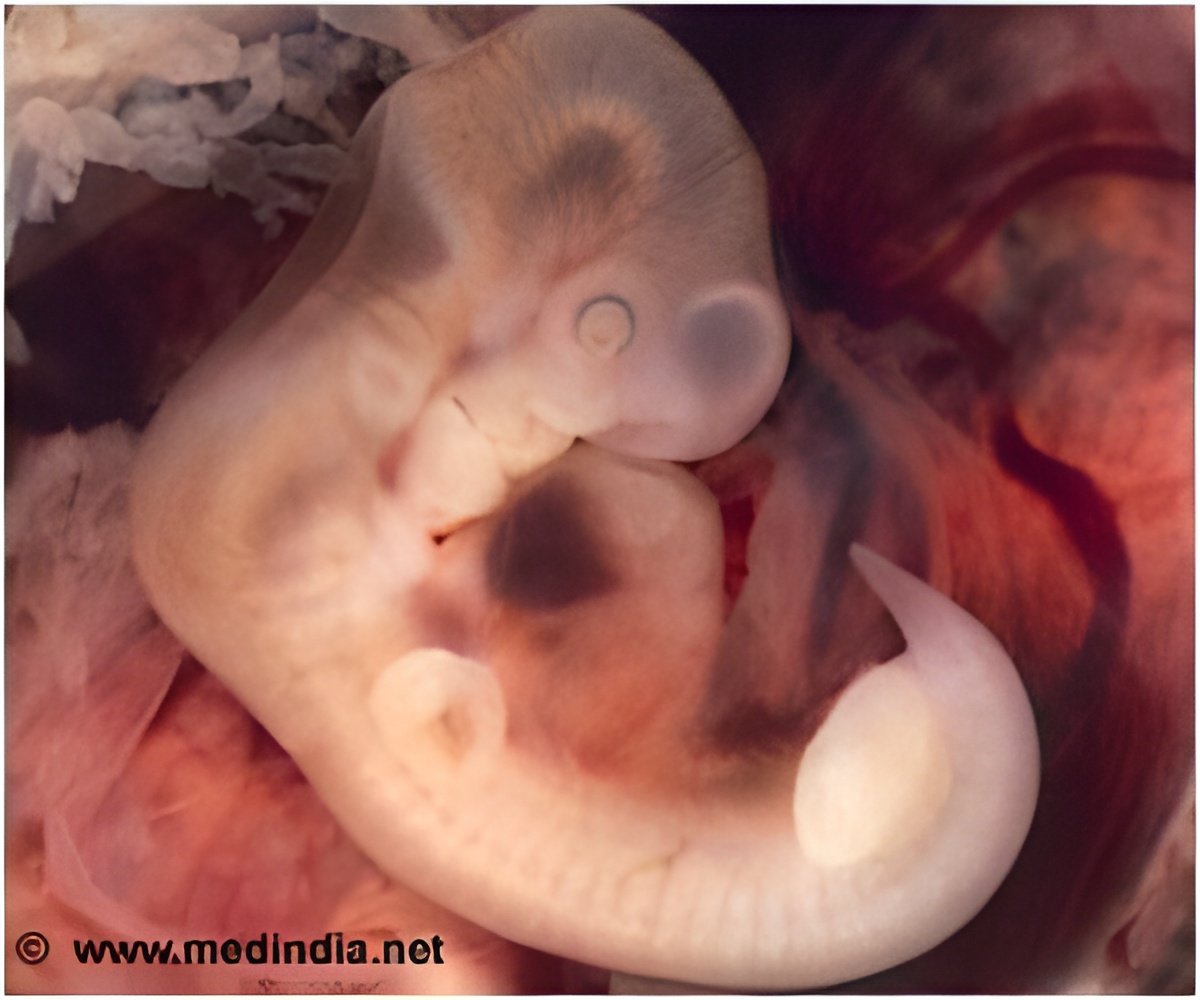Early pregnancy loss occurs because of the problems related to biochemical process in the DNA of the embryo.

DNA methylation is a biochemical process which involves the addition of a methyl group to cytosine of the DNA. This process is critical to fertilization of the embryo and the normal development of the fetus.
DNA methylation is initiated by a group of enzymes called the DNA methyltransferase (DNMT), most importantly DNMT1, DNMT2, and DNMT3. Earlier researches showed that if the DNMTs do not function properly, they could jeopardize embryonic development and subsequent gestation in experimental animals.
So, to find out whether dysfunction of DNMTs is associated with EPL in humans, Li-Jun Yin from the School of Medicine, Zhejiang University, China, and colleagues, conducted a study to evaluate the role of DNA methylation in early pregnancy loss.
They collected tissues, villous (which is of fetal origin and eventually forms the placenta) and decidual (which is the lining of the uterus which is shed following delivery), from the uterus of the patients with EPL and from the women who were terminating pregnancy in the first-trimester for non-medical reasons. Tissues were snap-frozen in liquid nitrogen and stored at -80 degree C for Western blot analysis or fixed in paraformaldehyde for immunohistochemistry (to diagnose abnormal cells by detecting antigens in tissue section through right antibodies).
They also obtained embryos and tissues from 6 to 7 week-old female mice by breeding them and then collecting the samples on day 4 by flushing mouse uteri.
Results showed that -
• DNMT3A expression was not significantly changed in the EPL group compared to the control group.
• DNMT1 inhibitor disturbed methylation resulting in a decreased global DNA methylation level and impaired embryonic development in the mice. It also inhibited embryo attachment to the uterus.
So, the researchers inferred that ‘insufficient embryonic maintenance methylation is associated with abnormal embryonic development in human early pregnancy loss.’
During embryo implantation and development, DNA methylation undergoes dramatic reprogramming that is crucial for the development of the embryo as well as the development of endometrium or the inner lining of the uterus. So, inhibited maintenance methylation could be the cause of unexplained abnormal fetal development in early pregnancy loss.
The researchers concluded – ‘Defects in DNA methylation maintenance were demonstrated in the villous of human EPL tissues. Inhibition of DNA methylation maintenance led to a decreased implantation rate of embryos, increased fetal absorption, and poor fetal and placental development’.
Source: Yin LJ, Zhang Y, Lv PP, He WH, Wu YT, Liu AX, Ding GL, Qu F, Xu CM, Dong MY, Zhu XM, Huang HF. Insufficient maintenance DNA methylation is associated with abnormal embryonic development. BMC Med. 2012 Mar 13;10(1):26. http://www.biomedcentral.com/content/pdf/1741-7015-10-26.pdf
Source-Medindia















